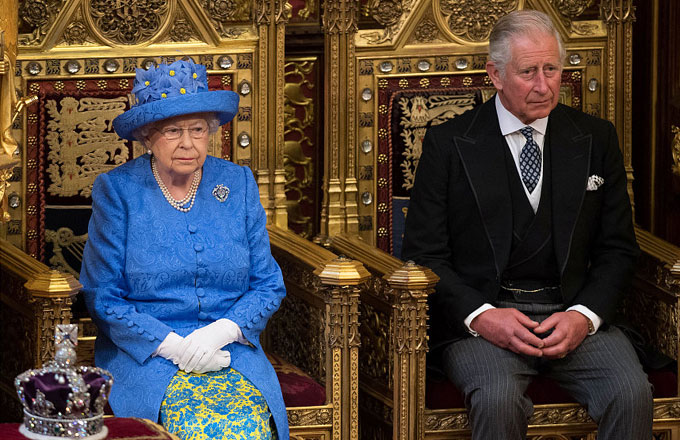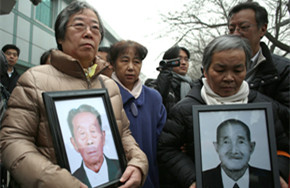The flip side of picking an English name
When my mother moved from her hometown of Chengdu, Sichuan province, to Auckland, New Zealand, in 2002 to start life afresh at the age of 38, she called it her "second birth".
She also chose for herself an English name: Jane, after the famous Jane Eyre in Charlotte Bronte's novel, whose strength and independence have inspired her for many years.
Mom grew into that name so naturally. She learned English at a local community college, made new friends and practically ran our household during my father's frequent trips away. When I think of Mom now, the image of Eyre often comes to mind.
|
 |
| Cecily Liu |
Chinese people commonly choose their own English names when they move overseas. It is to make our names more pronounceable, we say, but we know the real bonus is the chance to pick our own names, like picking a new identity.
Shakespeare's Romeo once said, "A rose by any other name would smell as sweet", but I find names can shape a person, especially young immigrants settling into a new life overseas before their personalities are fully developed.
A family friend of mine, once a quiet and timid boy in China, became outgoing in Auckland where he is known as Henry, a name shared by many powerful British kings in history. Another classmate, who named herself Penelope after a character in Homer's classic, The Odyssey, carried a mythical feeling to her presence, especially when she recited text in our Latin classes.
Of course, we don't think so deeply when picking names. When I picked my own name as a child, I looked through "A List of Common English Names" at the back of my father's big dusty English dictionary and picked "Cecily" perhaps with the same casualness of shopping for a new dress.
Little did I know, Dad's English dictionary was rather old, and Cecily was no longer a common English name. Now many friends tell me I share their grandmothers' name.
All through secondary school, I was the only student named Cecily, and strangely in my new name I felt okay to be different-a stark contrast to my primary school days when I just followed my classmates' ways.
Nowadays our society is more tolerant of diversity, and that includes diversity of names. Some of my friends refuse to take English names, reasoning that an English name will somehow dilute their Chinese identity. In recent years, globalization and ethnic diversity in big cosmopolitan cities have made unpronounceable foreign names increasingly the norm.
Interestingly, I have noticed that more and more of my British friends who go to China to study or work are taking up Chinese names. Their eyes light up with excitement as they explain subtle meanings behind the Chinese characters that make up their names, which they chose themselves, of course.
Looking at these carefully created character combinations, I felt perhaps these new Chinese names would also give my British friends a new identity and new start in China. And that their choosing of Chinese names would be seen by their Chinese friends as an open willingness to reach out toward another culture; a little step toward building bonds and common understanding.
Contact the writer at cecily.liu@mail.chinadailyuk.com
















